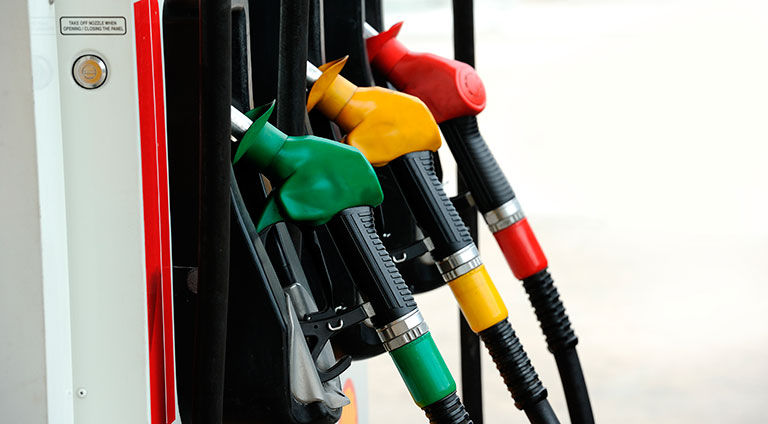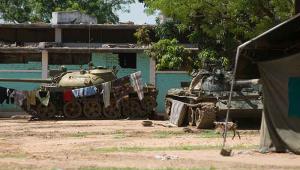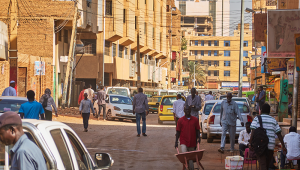Low oil prices, ongoing conflict, international sanctions and the loss of nearly three quarters of its oil reserves following the secession of South Sudan in 2011 have battered the country’s economy.
In June, the International Monetary Fund called for sanctions to be lifted and the country to be granted debt relief.
The shortage of foreign currency, used to purchase imported fuel, has led to frequent shortages of petrol and diesel in recent months.
Today, the oil ministry raised the price of one gallon (equal to nearly four litres) of petrol to 27.5 Sudanese pounds ($4.30) from 21, and diesel from 14 to 18.
The government also raised prices by cutting subsidies in 2013, pushing costs up by more than 60% and sparking protests.
While the country has one of the biggest economies in Africa, which boomed off the back of oil production in the past, the fruits of previous growth never trickled down to the Sudanese people. Many live in poverty.
Compounded by the collapse in commodity prices and subsequent revenues, the economy and government are struggling to cope with a trade embargo imposed in 1997 and extended by US president Barack Obama on Wednesday for another year.
Human rights abuses against ethnic minority rebels in the country’s Darfur region are a key factor in Sudan’s continued exile from some of the international economy.
In June, the fund urged Sudan to engage with its international partners to secure debt relief and support for the lifting of sanctions, which it said would pave the way for much-needed foreign investment and finance for growth and poverty reduction.








